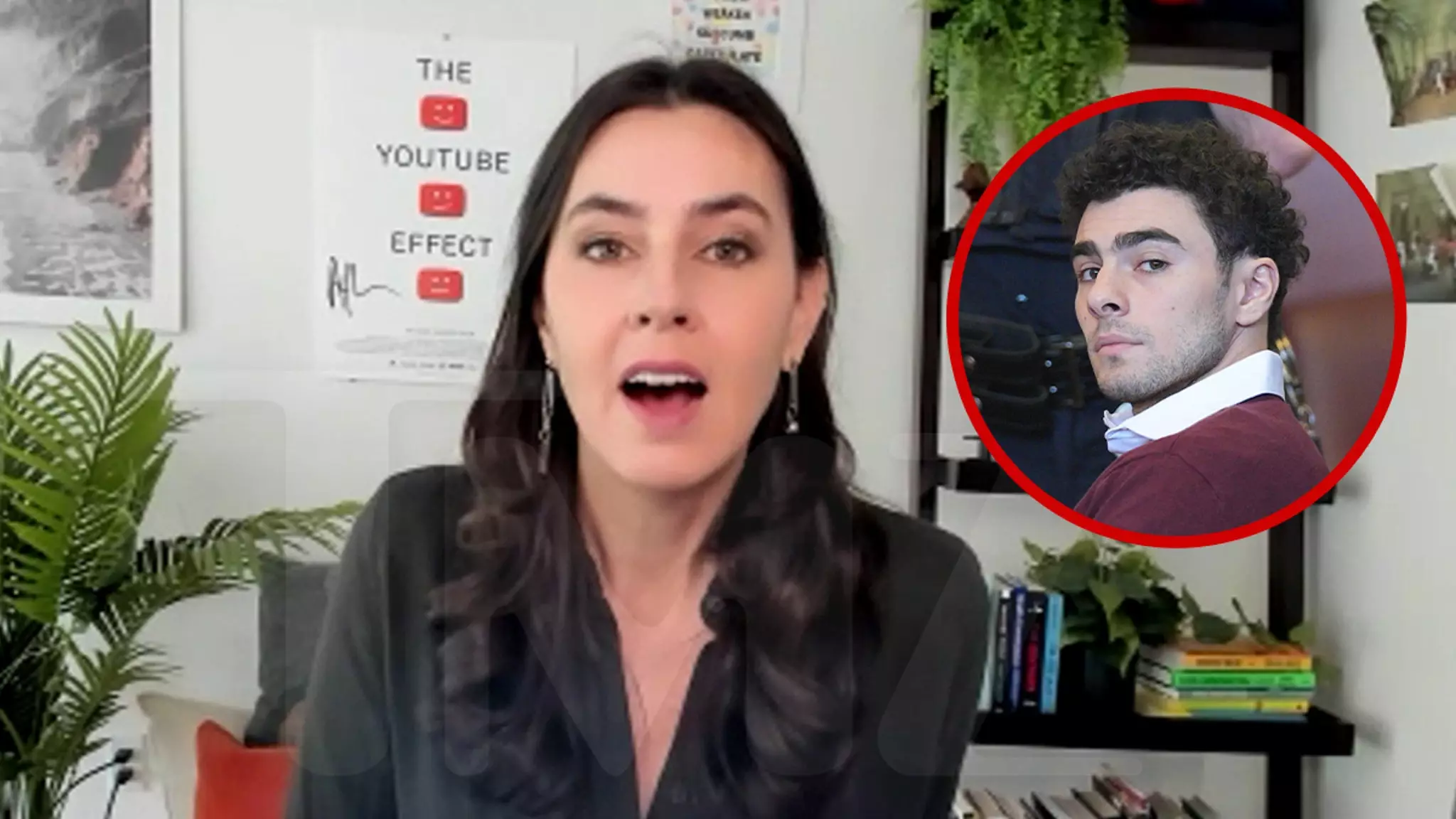The recent revelations surrounding Luigi Mangione’s alleged manifesto provide a chilling yet enlightening glimpse into the frustrations brewing within those who seek radical change in our healthcare system. Journalist Taylor Lorenz, known for her candid analyses, has voiced her interpretations of this complex situation, shedding light on how Mangione’s motivations are entwined with a critique of the very structure that governs our health services. This situation opens a deeper discussion about the lengths to which individuals feel compelled to express dissent and the implications of their methods.
The Calculated Nature of Violence
What stands out in Lorenz’s examination is the careful approach Mangione allegedly took in his violent plans, which evokes a disturbing mixture of admiration and horror. She suggests that while he intended an act aimed at the UnitedHealthcare CEO, he consciously sought to minimize collateral damage. This reflects a troubling mindset; on one hand, one can argue this illustrates a twisted morality where the level of envisioned violence is rationalized. It raises the question: should we applaud restraint in violence, even when the act itself is heinous? This analysis paints a picture of a person who understands the weight of his actions yet feels cornered by a system he perceives as brutally inhumane.
Shifting Norms and a Call to Action
Another critical aspect of Lorenz’s commentary focuses on the term “normies” and how Mangione perceives a need for them to take matters into their own hands. In a world where many feel disenfranchised by traditional pathways to change, such sentiments can ignite a dangerous rallying cry. Lorenz aptly points out the desire for violence derives from a place of desperation and disillusionment with the drawn-out processes of political and social reform. This raises an important discussion about the ethical implications of advocating for collective action versus individual acts of defiance. While solidarity is essential, it must remain peaceful and rooted in constructive dialogue.
A Disenchanted Healthcare Landscape
Underlying this entire discourse is the indictment of the healthcare system itself. Lorenz emphasizes the urgent need for recognition of how “murderous” and “barbaric” it can be—a sentiment echoed by many disillusioned individuals across the nation. This suggests a tipping point where citizens no longer stand idly by but feel driven to challenge the status quo aggressively. The discussions surrounding healthcare in the context of political budgets, notably the comparison of President Trump’s proposed “One Big Beautiful Bill” and Biden’s actions, only add fuel to the fire.
Collective Action vs. Individualism
Ultimately, Lorenz’s opinion transcends the individual act of Mangione and dives into the broader societal movement that needs nurturing. She makes a compelling case for collective action, arguing that while outliers like Mangione grab headlines, lasting change occurs when people band together. This transformative vision of society requires unity in the fight against oppression, urging us to reject isolated acts of violence in favor of organized, peaceful protests against the systemic issues at hand. Only then can we strive for a healthcare system that reflects respect for human dignity rather than faceless transactions.

